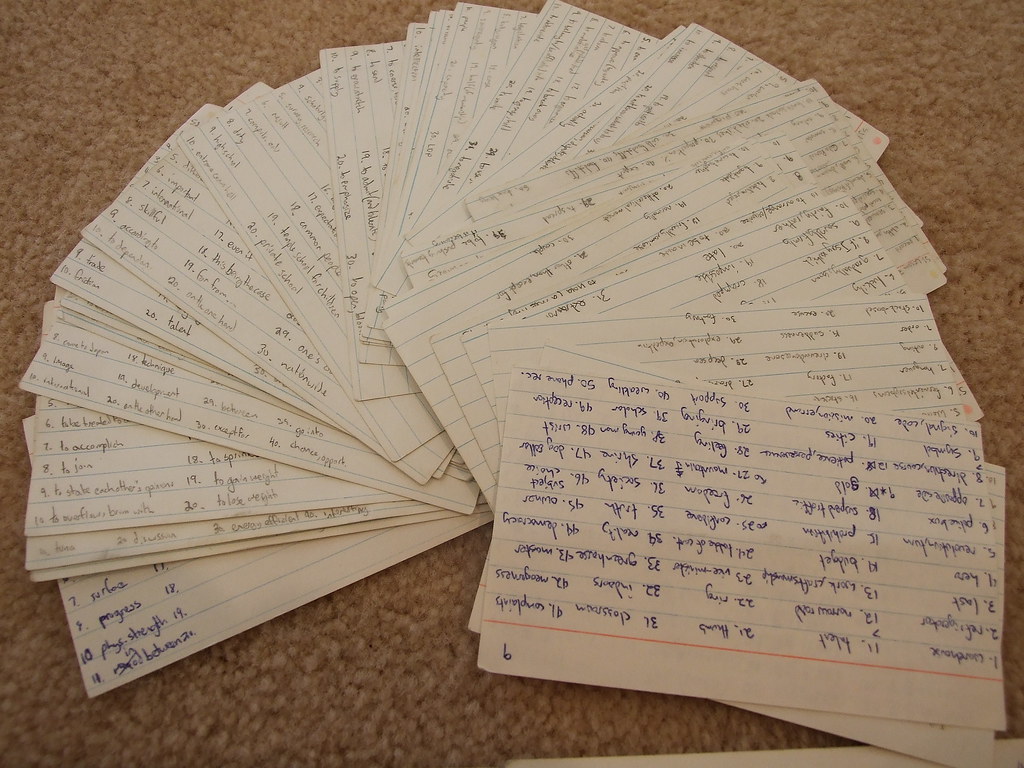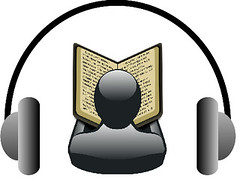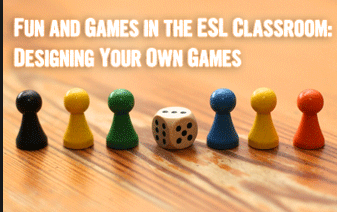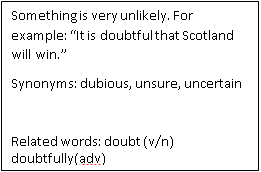1 GRASSMARKET

Two of Paola and Matteo’s star attractions: Edinburgh castle and the grassmarket
Let’s say you just arrived in Edinburgh. You still have time before returning to the Hotel, but is getting late and you are a little bit tired. Still, you want to take a walk around the city and get something to eat. The perfect place to aim for is the Grassmarket. It is an old square in the Old Town, just south of the Royal Mile, so you can get a glimpse of old medieval Edinburgh. They used to hang people there, and a lot of pubs are “in theme” (you can even have a pint at The White Hart, the oldest pub in town).
2 VISIT ROSE STREET
The Rose street is the perfect place to visit some pubs and restaurants with local food. There are a lot of different places where you can go for local specialities like ginger beer, haggis or whiskeys. Rose street is pedestrianized zone, so it is quite easy and relaxing to go through.
3 MARY KINGS’ CLOSE
The Edinburgh Old Town is probably the best place to understand how the life in the 16th century was. The best place to do it is Mary King’s Close, which is on the Royal Mile. Situated below the Edinburgh City Council, it’s perfectly preserved, and the spooky mood certainly adds something to the experience, if you are into that kind of thing. Mind that the tours are usually pretty crowded, so booking a spot in advance could be a good idea.
4 EDINBURGH CASTLE
The Edinburgh castle is the second highest point in the city and you can see it from a great distance. It looks impressive because you can see it from all over the town and if you walk the way up to the castle on the hill you can enjoy a beautiful view of the city.
5 PARLIAMENT OF SCOTLAND
All the way down the Royal Mile you can find the modern center of power for Scotland. The most recent center of power, the Parliament of Scotland, was built in the last decade, following the Devolution, so if you appreciate contemporary architecture you will probably enjoy it. Also, since the Scottish are pretty proud of their fight for freedom, you can learn all the details of their parliamentary quest. The most interesting part of the exhibition is visiting the Debate Chamber (you can also watch a public debate).

The Scottish parliament in front of Arthur’s Seat
6 VISIT WELLINGTON COFFEE SHOP
The Wellington coffee shop is a lovely place for recover from the first daily english session. The great Italian coffee and the tasty scones with his different ingredients makes the life easy going.
7 HOLYROOD PALACE
The other seat of power down the Royal Mile is Holyrood Palace. Built during the 15th century, it was the residence of Scotland’s Royal Family. Now it is the Royal Residence during official visits of the British Royal Family. When the Queen is not visiting Scotland, you can visit most of the palace, and in summer also the gardens. In particular, in the gardens you can visit the ruins of the St. Augustine Abbey.
8 ROYAL MILE
One of the most beautiful and famous streets is Royal mile. The architecture of the buildings is typical for Edinburgh with its old churches and houses with the gothic style. You can also look for some souvenirs or some pretty little things to buy. Furthermore there are some fudge kitchens where you can buy the best homemade fudge in very different flavours. They also show you how they produce this special Scottish candy.

The Royal Mile: home to Mary King’s Close and Holyrood Palace
9 CLIMB ARTHUR’S SEAT
The sleeping volcano just behind Holyrood Palace is the highest point of Edinburgh (ca. 250m), and the potential panoramic view that this fact implies should be enough to convince you to climb all the way up. You can actually see all of Edinburgh, south to the Borderlands, the Kingdom of Fife and all the way out to the North Sea. Also, if you appreciate archeology and paleontology, you can find the remains of three Prehistoric Forts. The tracks are easy, but remember to bring a jacket (it’s very windy) and sturdy shoes.
10 PORTOBELLO BEACH
The Portobello beach is a few miles away from the city center and if you are there you have a beautiful view over the sea. You can go there if you need some variety from the crowded city. If you are as crazy as some Scottish people you can do some sunbathing.





























 Viewed like this the word has three clear parts; the prefix, the stem (or route) and the suffix. If we remember that ‘able’ refers to ability and that ‘un’ is a general prefix to make something negative, we can guess that unimaginable means impossible to imagine. This technique is particularly useful for speakers of other European languages.
Viewed like this the word has three clear parts; the prefix, the stem (or route) and the suffix. If we remember that ‘able’ refers to ability and that ‘un’ is a general prefix to make something negative, we can guess that unimaginable means impossible to imagine. This technique is particularly useful for speakers of other European languages.